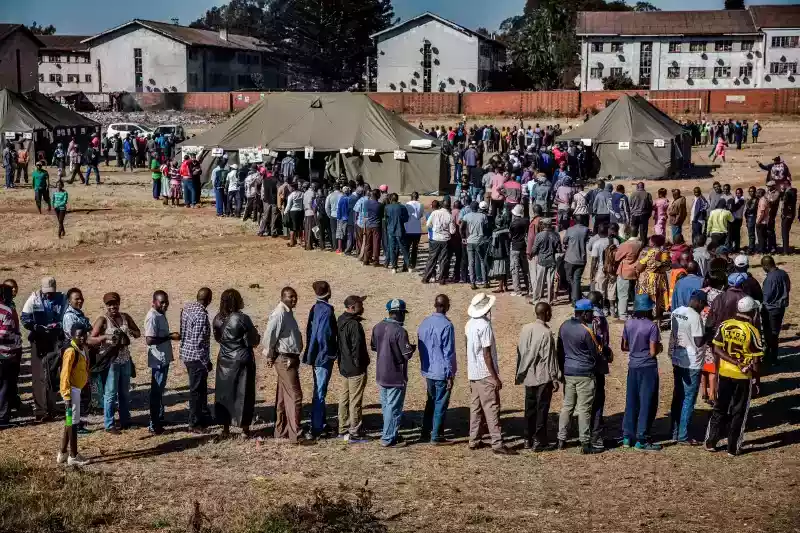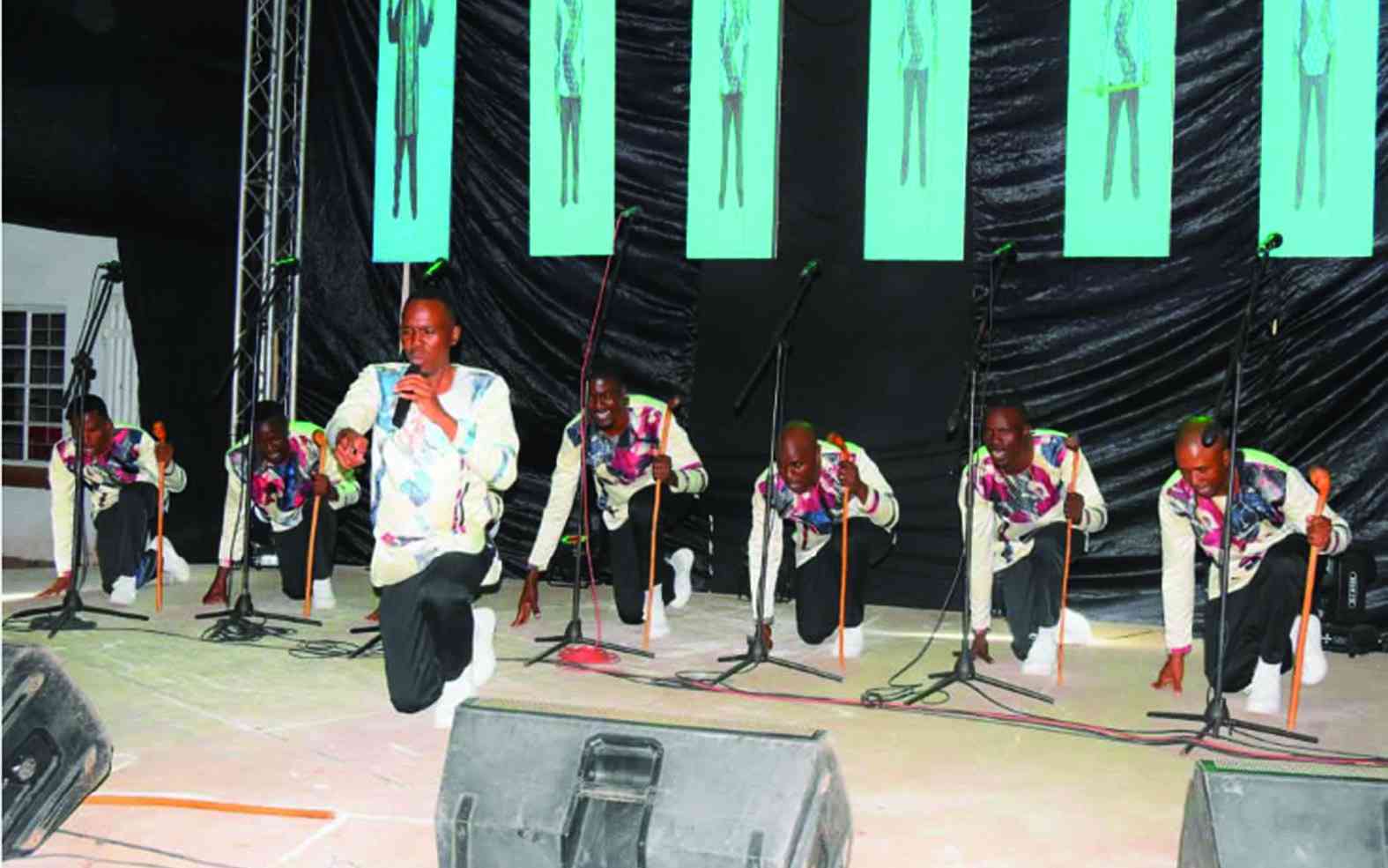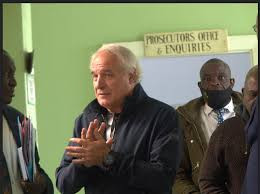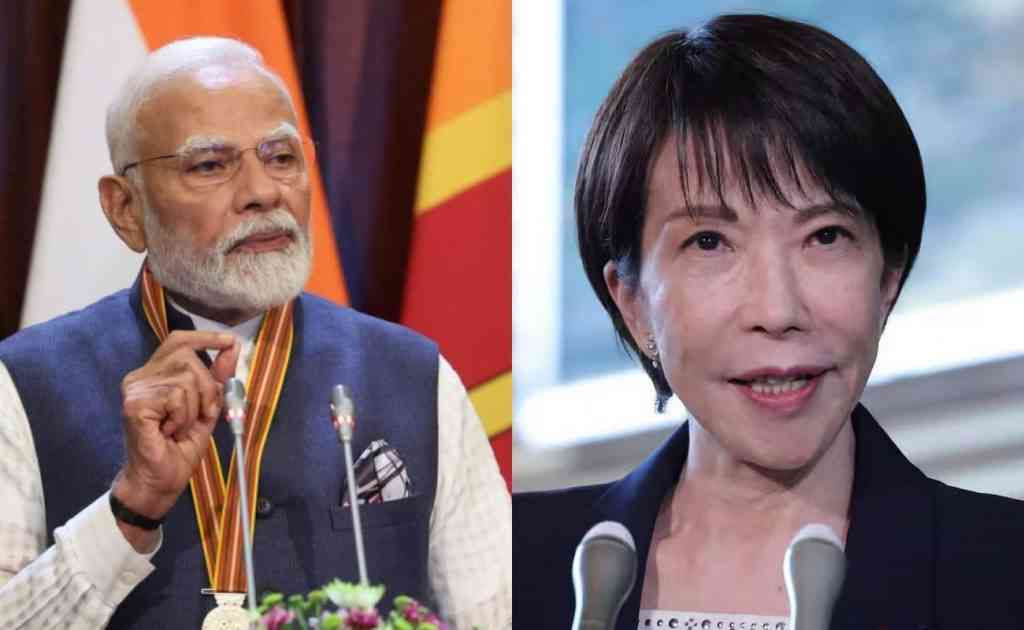
The debate surrounding extending presidential terms in Zimbabwe has sparked significant controversy. At its annual conference, the ruling party, Zanu PF, passed a resolution to extend the President’s tenure beyond the two-term limit, which is set to expire in 2028. However, the President has declared his commitment to constitutionalism, stating that he will abide by the constitutional provisions and leave office at the end of his tenure in 2028. Despite this, supporters within his camp continue to advocate a term extension.
Under section 91(2), Zimbabwe’s Constitution stipulates a two-term limit for the presidency and includes safeguards against term extensions. The Constitution also includes safeguards against easy modification of these term limits. Any amendment to extend or abolish the presidential term limit would require a two-thirds majority in both houses of Parliament. Section 328(7) of the Constitution prevents an incumbent president from benefiting from any amendment that extends term limits. This means that even if term limits were extended or abolished, they would not apply to the current President.
This aligns with the broader regional and continental frameworks emphasising the importance of regular, credible elections for maintaining democratic norms and public trust. The Sadc Principles and Guidelines Governing Democratic Elections and the African Union’s African Charter on Democracy, Elections and Governance are key regional commitments to which Zimbabwe is a signatory. These frameworks mandate the holding of regular elections as scheduled. The African Charter on Democracy, Elections and Governance, in Article 2, commits national governments to promote the holding of regular free and fair elections and prohibit, reject and condemn unconstitutional change of government. Similarly, the Sadc Principles aim to Promote the holding of regular free and fair, transparent, credible and peaceful democratic elections.
While regular elections are fundamental to democratic practice, there are extreme circumstances under which postponement might be considered. These include natural disasters, significant technical issues, security concerns, the need for critical reforms, lack of preparedness of election management bodies or widespread civil unrest. Any decision to postpone elections should only be made as a last resort and must be justified by compelling reasons. Such delays mustn’t be exploited for term elongation or indefinite extension of political power.
If postponement is deemed necessary, it should be for the shortest period possible, with a precise new election date established. The decision should be made through an inclusive and transparent process, with broad consensus among political parties and civil society. Throughout this process, the integrity of the democratic process and the people’s will must remain paramount. While the possibility of election postponement exists under extraordinary circumstances, it must never compromise the fundamental principles of democracy or be used as a pretext for term elongation or extending political power indefinitely. The focus should remain on upholding constitutional provisions and regional commitments to regular, free, credible and regular elections. This approach ensures that the democratic process in Zimbabwe and the broader region continues to evolve and strengthen, serving the citizens' best interests and maintaining the legitimacy of governmental institutions.
The proposal to delay the election must be evaluated against Zimbabwe’s constitutional framework, regional commitments and international standards for democratic elections. Zimbabwe’s 2013 Constitution establishes clear guidelines for presidential term limits and election timing. Section 91(2) disqualifies individuals from seeking the presidency if they have served two consecutive terms. The presidential term is five years, aligning with the parliamentary term.
The Constitution incorporates robust safeguards against arbitrary alterations to these term limits. Any amendment to extend or abolish presidential term limits would require a two-thirds majority in both houses of Parliament. Section 328(7) also prevents an incumbent president from benefiting from any amendment that extends term limits. Section 328(7) itself would need to be amended to allow a sitting president to benefit from such an extension, necessitating a two-thirds parliamentary majority and approval through a national referendum.
These constitutional provisions were carefully crafted to safeguard Zimbabwe's democratic process and prevent indefinite rule. As a result, any attempt to postpone elections faces significant legal hurdles, reinforcing the commitment to regular, timely transitions of power in accordance with the people’s will.
- Mavhunga puts DeMbare into Chibuku quarterfinals
- Bulls to charge into Zimbabwe gold stocks
- Ndiraya concerned as goals dry up
- Letters: How solar power is transforming African farms
Keep Reading
Proponents of the election delay present two main arguments for their position, primarily within the ruling Zanu PF party. First, they contend that a postponement would allow President Mnangagwa to complete projects initiated during his tenure. Second, they argue that delaying the election would facilitate the smooth implementation of the National Development Strategy (NDS2), which is scheduled to be launched in November 2025. These arguments reflect the party's desire to extend the current administration’s time in office to fulfil its policy agenda and development plans.
However, these justifications face several critical challenges. Firstly, they lack constitutional grounding and appear to prioritise political expediency over legal requirements. Secondly, the reasons provided do not align with internationally recognised justifications for election postponement, such as natural disasters, significant security concerns or technical impossibilities. The proposal also conflicts with Zimbabwe’s regional and international commitments to regular, free and credible elections. Some fear delaying the election could increase political instability, given the country’s history of election-related conflicts and the absence of broad consensus among political parties and civil society further complicates the issue.
Additionally, such a delay could set a dangerous precedent for future elections in Zimbabwe and neighbouring countries, potentially eroding public trust in democratic institutions that have already faced challenges.
These arguments suggest that the proposed election delay lacks a substantial legal or ethical basis and could significantly harm Zimbabwe’s democratic development and stability. Lastly, the proposal stems more from a party resolution than a genuine national emergency or consensus.These factors collectively undermine the credibility and legitimacy of the arguments put forth for delaying the elections, highlighting the potential conflict between political interests and constitutional obligations.
Surprisingly, some opposition figures, including the Citizens Coalition for Change chief whip in Parliament, supported the postponement. This unexpected alignment raises questions about the motivation behind such support and the state of opposition politics in Zimbabwe. However, many others, including President Emmerson Mnangagwa himself, have cited constitutional provisions as a barrier to arbitrary postponement.
The question that arises is, does the proposed postponement of elections meet the proportionality test? When evaluating the proposed delay against the proportionality test for election postponement, several issues come out. First, the necessity criterion is not met, as the reasons provided do not demonstrate an urgent necessity that justifies overriding constitutional provisions. In terms of legitimacy, while the goal of completing development projects is potentially beneficial, it does not constitute a legitimate reason to subvert democratic processes. Regarding suitability, postponing elections is unsuitable for achieving developmental goals, as it undermines the democratic foundations necessary for sustainable development. The least restrictive means principle is also not satisfied, as there are less restrictive alternatives to achieve developmental goals without compromising democratic principles. Finally, when considering proportionality stricto sensu, the potential benefits of project completion do not outweigh the severe costs to democratic governance and the rule of law.
Based on the analysis, the call to postpone elections in Zimbabwe does not pass the proportionality test. The test, which evaluates the necessity, legitimacy, suitability, least restrictive means and strict proportionality of the proposed action, reveals significant shortcomings in the justification for delaying the elections.
In the sum, the reasons for postponement fail to demonstrate an urgent necessity that warrants overriding constitutional provisions. While completing development projects may benefit the country, it does not constitute a legitimate reason to subvert democratic processes. Moreover, postponing elections is unsuitable for achieving developmental goals, as it risks undermining the democratic foundations necessary for sustainable development.
The test also reveals that less restrictive alternatives are available to achieve developmental goals without compromising democratic principles. Finally, when weighing the potential benefits of project completion against the severe costs to democratic governance and the rule of law, the balance tips against postponement. In conclusion, the proposed election delay fails to meet the criteria set forth by the proportionality test, indicating that it is neither justified nor appropriate given the circumstances presented.











